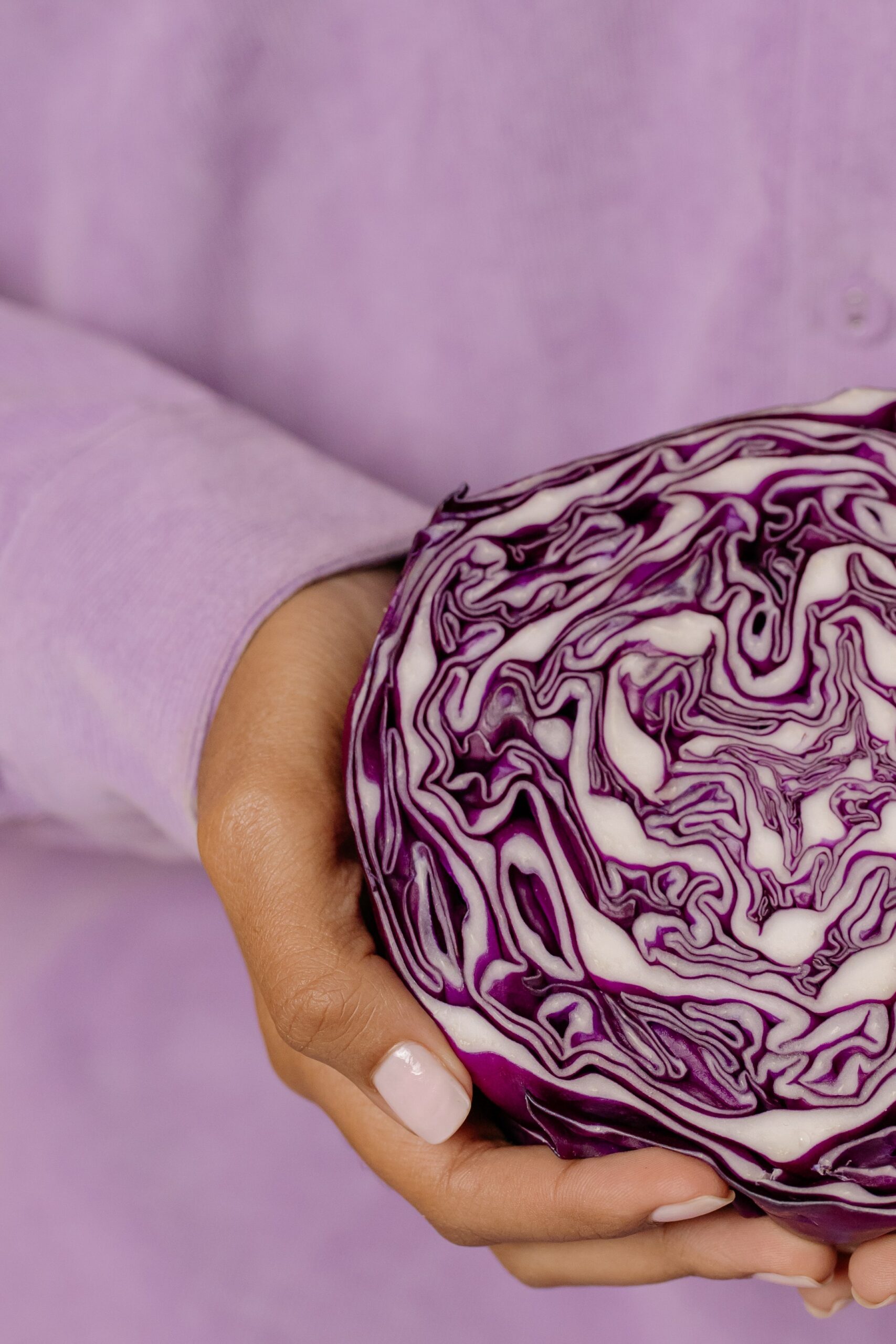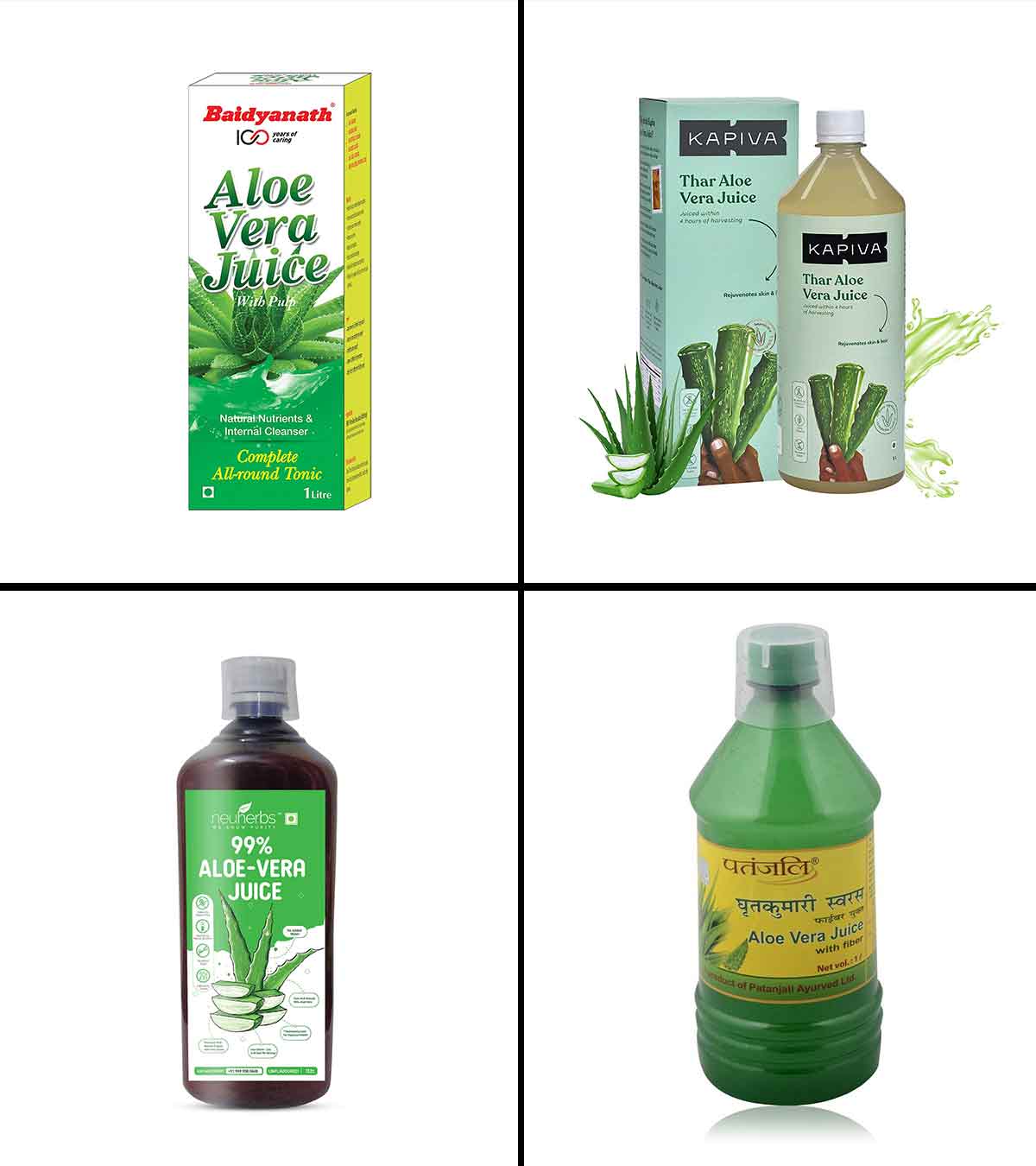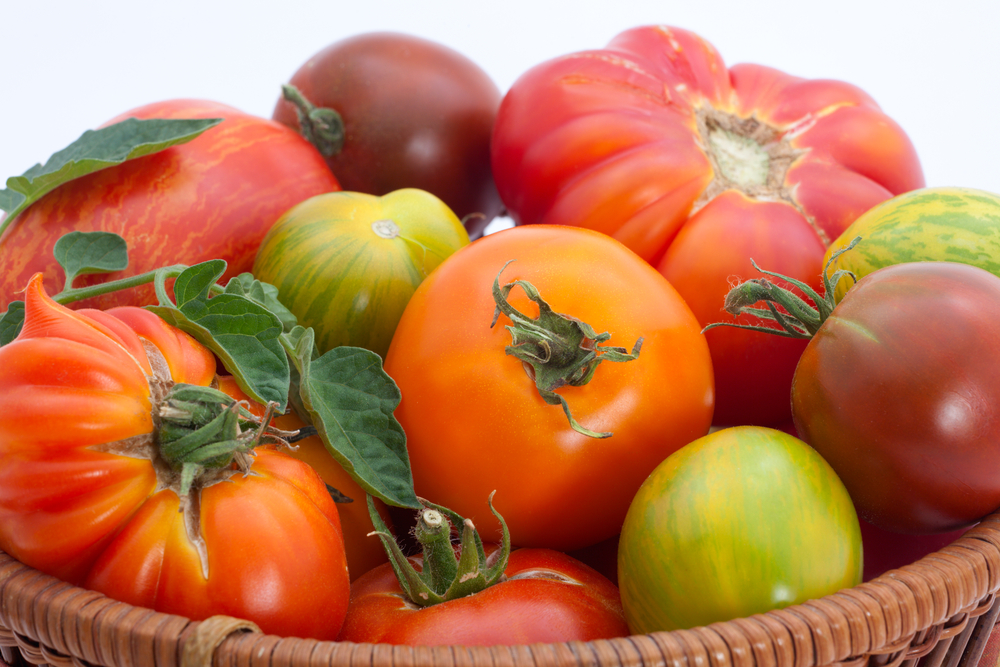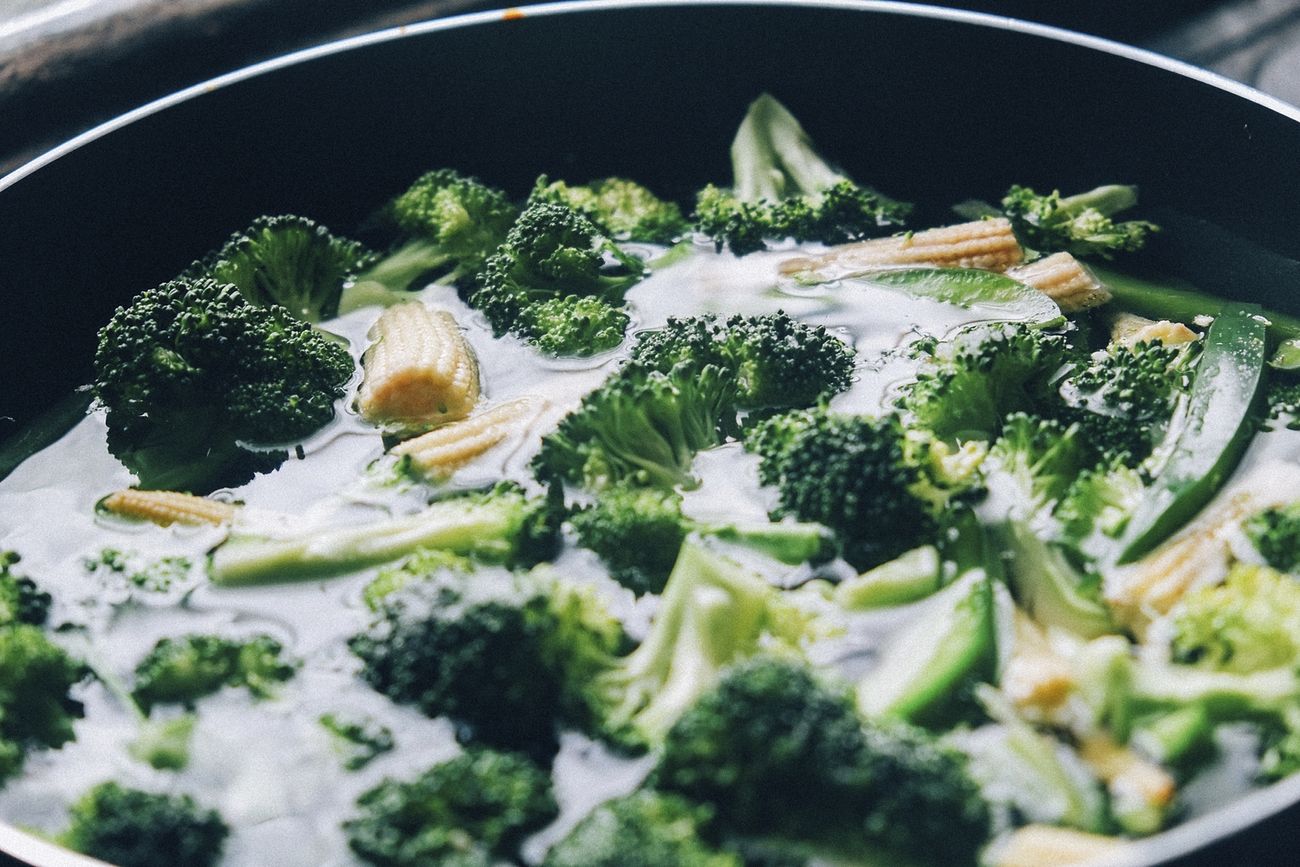Cabbage is a versatile and nutritious vegetable that can be enjoyed raw or cooked. When cabbage is fermented, it undergoes a process in which beneficial bacteria break down the natural sugars, creating lactic acid. This fermentation can enhance the nutritional benefits of cabbage and provide additional health benefits.
But did you know that cabbage can also be an effective anti-cancer food? That’s because it contains sulforaphane, which has been scientifically proven to inhibit cancer cell growth.
Raw cabbage is an excellent source of vitamin C, vitamin K, and fiber. It also contains small amounts of other vitamins and minerals, such as vitamin A, folate, calcium, and potassium. However, raw cabbage can be difficult to digest for some people, and its tough texture may be unappealing to others.
Fermented cabbage, also known as sauerkraut, is a good source of probiotics, which are beneficial bacteria that promote gut health. Fermented cabbage is also high in vitamin C, K, and fiber, which may be easier to digest than raw cabbage. Additionally, the fermentation process can increase the bioavailability of certain nutrients, making them easier for the body to absorb.
Overall, both raw and fermented cabbage have their own unique nutritional benefits. Raw cabbage is a good source of certain vitamins and minerals, while fermented cabbage provides probiotics and may be easier to digest. Including both raw and fermented cabbage in your diet can help you obtain a diverse range of nutrients and support overall health.
| Nutrient | Raw Cabbage (1 cup, chopped) | Fermented Cabbage (1 cup) |
|---|---|---|
| Calories | 22 | 27 |
| Carbohydrates | 5 g | 6 g |
| Fiber | 2 g | 4 g |
| Protein | 1 g | 1 g |
| Fat | 0 g | 0 g |
| Vitamin C | 54% of daily value | 35% of daily value |
| Vitamin K | 85% of daily value | 23% of daily value |
| Folate | 10% of daily value | 6% of daily value |
| Calcium | 4% of daily value | 2% of daily value |
| Potassium | 5% of daily value | 4% of daily value |
| Probiotics | 0 | High |
Please note that these values may vary depending on the source of the cabbage and the fermentation process used for sauerkraut.
Nutrients
Fermented cabbage, known as sauerkraut, has numerous health benefits. It can strengthen your immunity, aid in weight loss and even reduce inflammation. Plus it contains health-promoting probiotics – beneficial bacteria that aid digestion and enhance overall wellbeing.
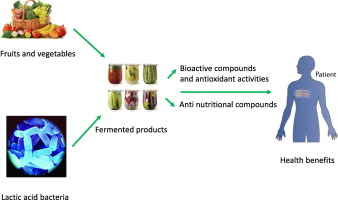
Cabbage is an excellent source of potassium, an essential mineral and electrolyte which helps regulate blood pressure. Plus, it provides fiber which keeps your digestive tract healthy and prevents constipation. Cabbage also has heart-health benefits by helping lower levels of bad cholesterol (LDL) in your bloodstream as well as protecting against strokes.
Vitamin K is an essential nutrient for bone health and without enough can lead to osteoporosis or difficulty clotting your blood. Just one cup of cabbage provides 85% of your daily recommended value of this essential nutrient.
Another essential nutrient in cabbage is iron, which helps produce hemoglobin and red blood cells. Furthermore, it aids absorption of zinc – an essential mineral for proper immunity – from your food sources.
Additionally, cabbage is an excellent source of vitamins A and C as well as antioxidants and phytochemicals to fight inflammation and other chronic illnesses. Furthermore, cabbage contains vitamin B6, which aids energy production and strengthens bones for strong bones.
To boost your intake of these beneficial nutrients, try substituting raw cabbage with kimchi or sauerkraut. These dishes have been fermented with a starter culture and naturally contain brine (usually sea salt and water).
Fermenting vegetables increases their nutritional content, such as potassium, calcium, iron and fiber. Furthermore, fermentation enhances enzyme concentration so your body can easily absorb these essential vitamins and minerals.
Fermenting vegetables can reduce heavy metals like lead and cadmium. It also decreases their water content and fat content, such as cucumbers. Furthermore, fermentation may increase a vegetable’s calorific value and phenolic content.
Fiber
Cabbage is a nutritious leafy green vegetable that can be enjoyed raw or fermented. Packed full of fiber, phytosterols (plant sterols), and antioxidants, cabbage is an important part of any healthy diet.
Cabbage is not only a good source of vitamin K (which aids blood clotting), but it also contains high amounts of vitamin C and folate. These vital vitamins support your immunity while stimulating bone growth, collagen production and other important tissues.
Purple and red cabbages are an excellent source of iron, potassium, calcium, and magnesium – all vital nutrients supporting bone health and maintaining a strong heart. Furthermore, anthocyanins found in purple and red cabbages – known to fight inflammation – add another dimension to their nutritional value.
Fermented cabbage, or sauerkraut as it’s commonly known, has been an ancient Chinese method used for thousands of years to preserve foods and enhance health. During fermentation, bacteria create enzymes which break down larger molecules that may be difficult for our digestive systems to assimilate. This makes cabbage more digestible and causes less discomfort when eating it.
Latic acid bacteria used during this process can increase the protein, calcium and iron content of vegetables. They may also aid in controlling cholesterol levels, aiding digestion and boosting immunity levels.
Fermented food contains many beneficial microorganisms that release sugar, B group vitamins (B6, B12 and B2) and certain minerals like zinc magnesium and potassium. Furthermore, these beneficial bacteria produce enzymes which break down toxic chemicals in your body to enhance overall wellbeing.
The fermentation process also helps protect food from harmful yeasts and molds, especially for people taking antibiotics or birth control pills, pregnant women, and diabetics. Furthermore, it may protect against other chronic illnesses like heart disease, inflammatory conditions, and cancer.
Phytochemicals
Phytochemicals are beneficial, naturally occurring chemicals that protect our bodies and support the nutritional quality of food we eat. Many of the phytochemicals we consume act as antioxidants, helping to combat free radical damage which may wreak havoc on cells and lead to chronic illness.
They can have a range of other beneficial effects, such as cancer-fighting properties. Furthermore, they increase our energy levels, help combat infections and inflammation, and lower our risk for heart disease.
We can get phytochemicals from a wide variety of plant foods, such as fruits, vegetables, whole grains, beans, nuts and seeds. Eating more of these plants is the most efficient way to increase your daily dose of these beneficial compounds.
Nutrient-rich phytochemicals like iron and vitamin B1 cannot be easily added to our diets; thus, it’s essential that we obtain them from foods naturally rich in them. That means filling half your plate with colorful fruits and veggies every day.
For example, blueberries, kale, onions and broccoli contain high concentrations of phytochemicals. Furthermore, these can be found in the skins of fruits and nuts as well as the bran of whole-grain products.
Scientists have long recognized the health and wellness benefits of phytochemicals. Unfortunately, much of their research has been done in animals or test tubes; thankfully, recent years have seen more focused research on phytochemicals in humans, providing us with a better insight into their properties.
Furthermore, we have recently discovered that certain compounds are particularly beneficial to the brain and immune system. Phosphonic acids and flavonoids, for instance, help strengthen cells while decreasing inflammation. Other phytochemicals like anthocyanins, lutein and zeaxanthin provide anti-aging advantages as well as lower our risk of heart disease.
Fermented cabbage is an ideal example of a food with high levels of phytochemicals. It provides fiber and can be an essential part of a balanced diet, helping to protect your gut microbiota – essential for healthy digestive function. Fermented sauerkraut, which has been fermented to contain probiotics, may reduce your risk for several diseases.
Probiotics
Probiotics are beneficial microorganisms that aid digestion, balance gut bacteria and support immune function. You can find them in many foods like kombucha, yogurt and kefir – just to name a few!
Probiotics help to restore your gut flora, which is crucial for good health. According to research, they may reduce episodes of upper respiratory infections, boost natural killer (NK) cell activity and enhance immune function.
In addition to fermented vegetables, probiotics can also be obtained through supplements. Before taking a supplement, be sure to consult your doctor first.
Fermented vegetables are especially rich in probiotics due to their fermentation process. Furthermore, they’re packed with organic acids and enzymes which aid digestion.
Probiotics are widely used, with lactobacilli and bifidobacteria being the two most popular and effective strains. However, researchers are investigating new bacteria strains which could potentially benefit specific health needs – one example being EcN Nissle 1917 which has multiple fitness factors that allow it to colonize and persist in the intestine.
Probiotics can be found in a variety of foods, but are especially prevalent in dairy products like greek yogurt. When shopping for probiotics, look for one made from grass-fed cows, sheep or goats.
Probiotics can also be found in fermented beverages and foods like kombucha, kefir, sauerkraut, miso and tempeh.
Due to their cultured origins, fermented vegetables tend to be rich in antioxidants and phytochemicals. Some of these substances have been known to improve brain health by alleviating symptoms of anxiety or depression.
Another advantage of taking probiotics is that they can reduce the amount of harmful bacteria killed by antibiotic medications. Antibiotics often lead to diarrhea and even a loss of beneficial bacteria in the gastrointestinal tract, allowing harmful bacteria to take control and cause issues.
Studies have also demonstrated that probiotics may boost your intake of soluble dietary fiber, which supports regular bowel movements and may promote the production of short-chain fatty acids (SCFAs) and other molecules beneficial to gut health. Indeed, research has linked probiotic intake with a decreased risk for developing irritable bowel syndrome and Crohn’s disease, both inflammatory bowel disorders.
